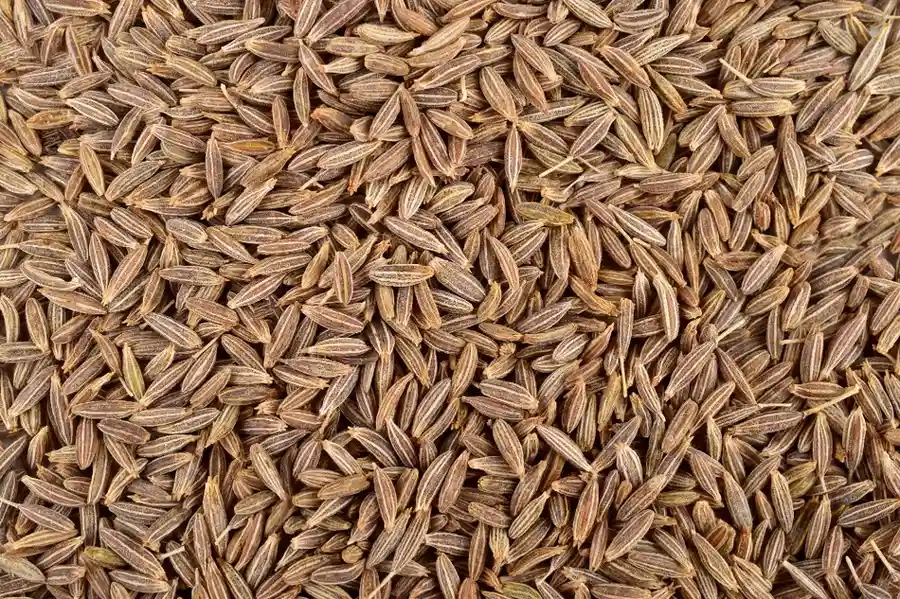Walk into any traditional Indian home after a hearty meal, and you’ll likely be offered a small handful of tiny greenish seeds to chew on. That refreshing crunch, followed by a burst of sweetness, is the unmistakable flavor of fennel seeds. From ancient Egyptian remedies to Roman feasts, fennel has been praised for both its culinary charm and medicinal magic. What seems like a humble spice jar essential is, in fact, a seed with a remarkable history of healing and health.
Small but Flavorful – What Do Fennel Seeds Look Like?
Fennel seeds (Foeniculum vulgare) are oval, ridged seeds usually about 4–10 mm long. They range from pale green to yellowish-brown, with a glossy texture and strong aroma. Their sweet, licorice-like flavor makes them both a spice and a natural mouth freshener.
🌍 Roots of Fennel – From the Mediterranean to the World
Fennel is native to the Mediterranean region, particularly Southern Europe and the Middle East. The Romans valued fennel as a symbol of courage and strength, while the Greeks linked it to longevity. From there, fennel spread across Asia and India, where it became deeply integrated into Ayurvedic medicine and daily cuisine. Today, India is one of the largest producers and consumers of fennel seeds worldwide.
🌾 Many Shades of Fennel – Varieties You’ll Find
- Sweet Fennel – commonly used in cooking and for freshening breath.
- Bitter Fennel – stronger in flavor, often used in essential oils.
- Florence Fennel – prized for its bulb, though its seeds are also consumed.
🍵 Everyday Uses – How to Enjoy Fennel Seeds
Fennel seeds are one of the most versatile seeds you’ll find:
- Chewed raw after meals for digestion and fresh breath.
- Soaked in water overnight and consumed as fennel water for cooling the body.
- Boiled into tea to relieve bloating and indigestion.
- Roasted and sugared as a mouth freshener in Indian households.
- Ground into spice blends like garam masala, curry powders, and pickles.
- Medicinal infusions in Ayurveda and traditional medicine for respiratory and digestive issues.
⚠️ A Word of Caution – What Not to Do
- Don’t overconsume fennel seeds, as excessive intake may cause nausea or allergic reactions.
- Pregnant women should avoid large doses, since fennel has mild estrogenic effects.
- Avoid fennel oil internally unless prescribed, as concentrated oil may be toxic.
- People with hormone-sensitive conditions (like certain cancers) should consult a doctor before frequent use.
✅ Healing in Every Bite – Benefits of Fennel Seeds
- Digestive Aid – relieves bloating, gas, and indigestion.
- Breath Freshener – natural antibacterial compounds freshen the mouth.
- Cooling Effect – fennel water helps regulate body heat in summer.
- Women’s Health – may help ease menstrual cramps and balance hormones.
- Respiratory Support – soothes coughs and aids in clearing mucus.
- Nutrient-Rich – contains vitamin C, potassium, manganese, and fiber.
❌ The Other Side – Drawbacks of Fennel Seeds
- Overconsumption can cause stomach upset or allergic skin reactions.
- Concentrated fennel oil may trigger seizures or toxicity if misused.
- May interfere with certain medications, especially antibiotics and blood thinners.
- In rare cases, fennel can trigger sensitivity in children.
A Sacred Seed – Fennel in Culture and Tradition
- In Ayurveda, fennel (Saunf) is considered cooling and is recommended for balancing Pitta dosha.
- Ancient Romans believed fennel symbolized courage and added it to gladiators’ diets.
- In Medieval Europe, fennel was hung over doors to ward off evil spirits.
- Across India, it remains a post-meal ritual, offered in homes and restaurants alike as a gesture of hospitality and digestive care.
🌟 Final Scoop
From the gladiators of Rome to the kitchens of India, fennel seeds have remained a trusted companion for health and flavor. Sweet, aromatic, and medicinal, these tiny seeds are proof that nature often hides the most powerful remedies in the smallest packages. Adding fennel seeds to your daily life is not just a culinary choice—it’s a continuation of a cultural and healing tradition that spans centuries.

